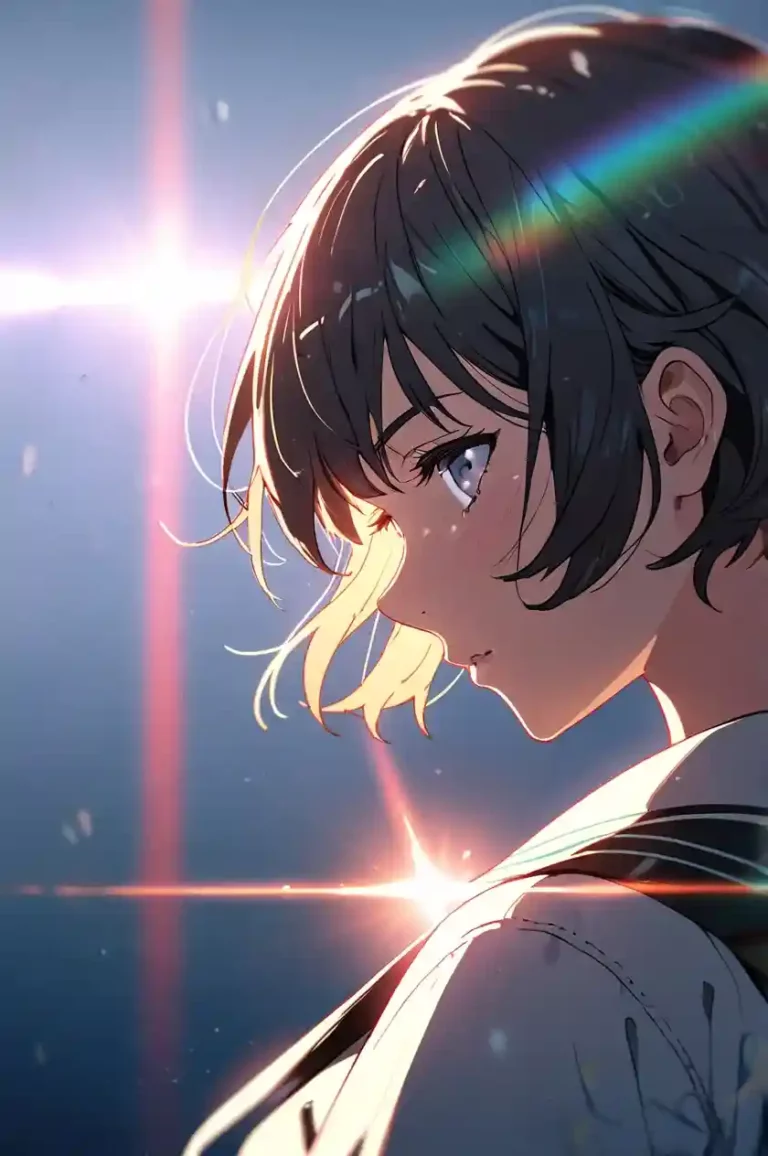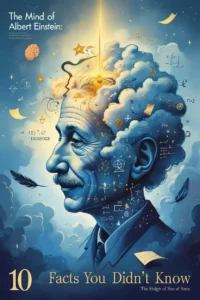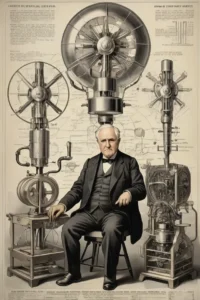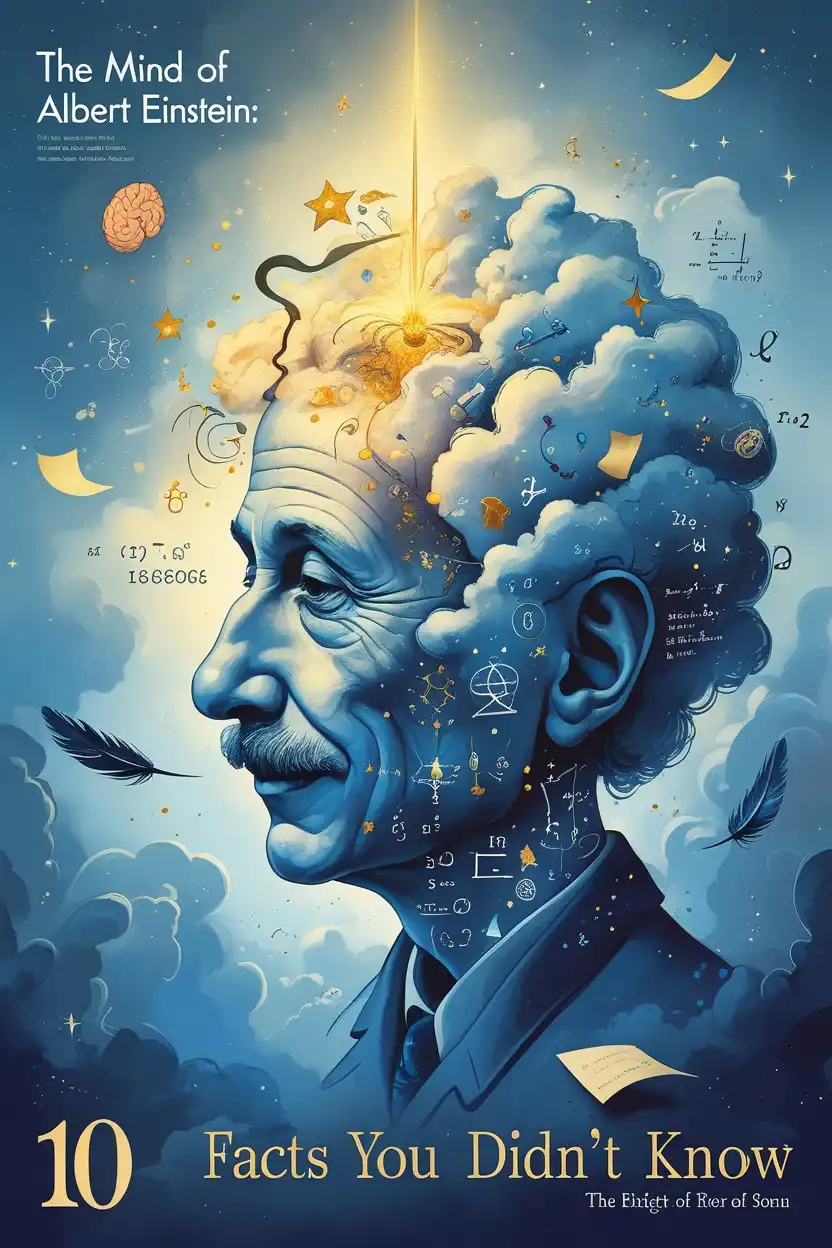Modern poetry has evolved into a powerful medium, capturing the essence of our fast-paced world through vivid imagery, fragmented emotions, and raw reflections. In an era of towering skyscrapers, bustling cities, and fleeting moments, contemporary poets weave words into tapestries of light and shadow. “Fragments of Light” is a fitting metaphor for modern poetry—illuminating beauty in chaos, finding meaning in brokenness, and offering hope in the cracks of our existence.
Modern Poetry: Fragments of Light
Skyscrapers scratch at the edge of the sky,
City hum pulses like a restless heart.
We are pixels in a broken frame,
Chasing sunsets we can’t quite name.
Hope flickers like neon lights,
Fading, glowing, fading again.
But still, we rise, stubborn sparks,
Painting tomorrows on concrete parks.
The Essence of Modern Poetry
Modern poetry is a departure from traditional forms, embracing free verse, experimental structures, and unconventional themes. It mirrors the fragmented nature of modern life, where clarity is often elusive, but beauty can still be found in the details. Poets today draw inspiration from urban landscapes, technology, social issues, and personal struggles, creating works that resonate deeply with readers.
Take, for example, the lines:
“Skyscrapers scratch at the edge of the sky,
City hum pulses like a restless heart.
We are pixels in a broken frame,
Chasing sunsets we can’t quite name.”
These verses encapsulate the feeling of being small yet significant in a vast, chaotic world. The imagery of skyscrapers and city hum reflects our interconnected yet fragmented existence, while the idea of “chasing sunsets” speaks to our collective yearning for meaning.
The Role of Fragmentation in Modern Poetry
Fragmentation is a hallmark of modern poetry. It reflects the disjointedness of contemporary life—our thoughts, emotions, and experiences often feel scattered. Yet, through this fragmentation, poets create beauty and coherence. Each fragment becomes a shard of light, illuminating truths that might otherwise remain hidden.
For instance:
“Hope flickers like neon lights,
Fading, glowing, fading again.
But still, we rise, stubborn sparks,
Painting tomorrows on concrete parks.”
Here, hope is likened to neon lights—ephemeral yet persistent. The juxtaposition of fading and glowing mirrors the ups and downs of life. Despite challenges, the human spirit rises like “stubborn sparks,” creating art and meaning even in unlikely places like “concrete parks.”
Themes in Modern Poetry: From Urban Landscapes to Inner Turmoil
Modern poetry often explores themes that are both universal and deeply personal. Some common themes include:
- Urban Life: The city is a recurring motif in modern poetry. Poets capture its vibrancy, chaos, and contradictions—its towering skyscrapers and hidden corners.
- Technology and Connection: In a digital age, modern poets grapple with themes of connection and disconnection. They explore how technology shapes relationships and identity.
- Identity and Belonging: Many poets use their work to explore questions of identity—cultural, personal, and societal—and what it means to belong.
- Hope and Resilience: Despite its often melancholic tone, modern poetry frequently carries an undercurrent of hope. It celebrates resilience and the human capacity to find light in darkness.
Why Modern Poetry Resonates Today
Modern poetry resonates because it speaks to the complexities of our time. It doesn’t shy away from difficult truths but also offers glimpses of beauty and possibility. It invites readers to pause, reflect, and find meaning in the fragments of their own lives.
In an age where attention spans are short and distractions abound, poetry provides a moment of stillness—a chance to connect with emotions and ideas on a deeper level. Its brevity and intensity make it uniquely suited to our fast-paced world.
FAQs About Modern Poetry
Q: What makes modern poetry different from traditional poetry?
A: Modern poetry often breaks away from traditional forms like rhyme and meter. It embraces free verse, experimental structures, and contemporary themes such as urban life, technology, and identity.
Q: Why is fragmentation so common in modern poetry?
A: Fragmentation reflects the disjointed nature of modern life. It mirrors how we experience the world—through fleeting moments, scattered thoughts, and complex emotions. This style allows poets to capture the essence of contemporary existence.
Q: Can anyone write modern poetry?
A: Absolutely! Modern poetry is accessible to everyone. It’s less about following strict rules and more about expressing emotions and ideas authentically.
Q: How can I start reading modern poetry?
A: Begin with anthologies or collections by contemporary poets. Online platforms like poetry websites and social media are also great places to discover modern poets.
Q: Why does modern poetry often feel melancholic?
A: Modern poetry reflects the realities of our time—uncertainty, challenges, and personal struggles. However, it often balances this melancholia with themes of hope and resilience.
Conclusion
Modern poetry is a mirror to our times—a collection of fragments that reflect light even in darkness. It captures the beauty in chaos, the strength in vulnerability, and the hope that persists despite challenges. Whether you’re a seasoned reader or new to poetry, exploring modern verse is an invitation to see the world—and yourself—in a new light.
So take a moment to pause amidst the hustle of life. Let modern poetry guide you through its fragments of light—illuminating paths you never knew existed.





